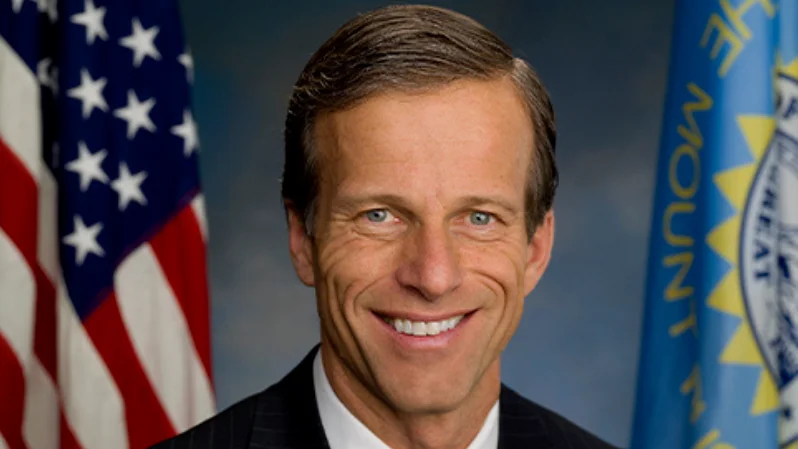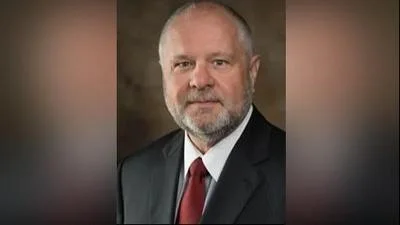Senator John Thune, US Senator for South Dakota | Official U.S. Senate headshot
Senator John Thune, US Senator for South Dakota | Official U.S. Senate headshot
U.S. Senate Majority Leader John Thune addressed the Senate floor regarding a unique situation involving California's electric vehicle (EV) mandate and its potential impact on nationwide policy. Thune outlined the current scenario, where joint resolutions of disapproval from the House meet statutory requirements under the Congressional Review Act but face opposition from Senate Democrats.
Thune explained, "We have received from the House joint resolutions of disapproval that meet all the statutory requirements under Chapter 8, Title 5, of the U.S. Code, the Congressional Review Act." He further noted that traditionally such resolutions would be eligible for expedited consideration procedures.
However, a dispute has arisen as Senate Democrats argue that these resolutions cannot be considered under these procedures because they claim the rules in question are not actually rules. Thune countered this by stating, "The rules in question – the California waiver rules – were submitted to Congress as rules."
The Government Accountability Office (GAO) has added complexity to this issue by declaring that these submissions are not rules, which is unprecedented according to Thune. He remarked, "The situation we’re facing today is an agency submitting to the Senate actions that the agency says are rules, and GAO – for the first time in history – inserting itself into the situation."
In response to this novel challenge, Thune suggested that it is appropriate for the Senate to collectively address such questions when there is disagreement among members. He cited a previous instance involving a resolution brought under a fast-track procedure where similar steps were taken.
Thune expressed concern over what he perceives as misrepresentations by Democrats regarding this matter and speculated on their motives related to support for an EV mandate and potential future efforts to abolish the legislative filibuster.
While acknowledging uncertainty about future Democratic actions if they regain majority control, Thune assured that under Republican leadership, "the legislative filibuster will remain in place."


 Alerts Sign-up
Alerts Sign-up